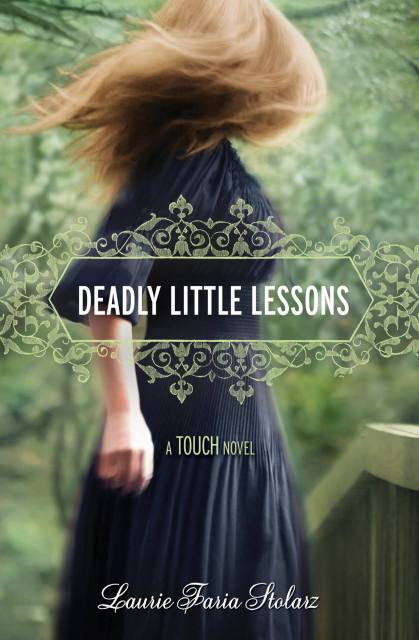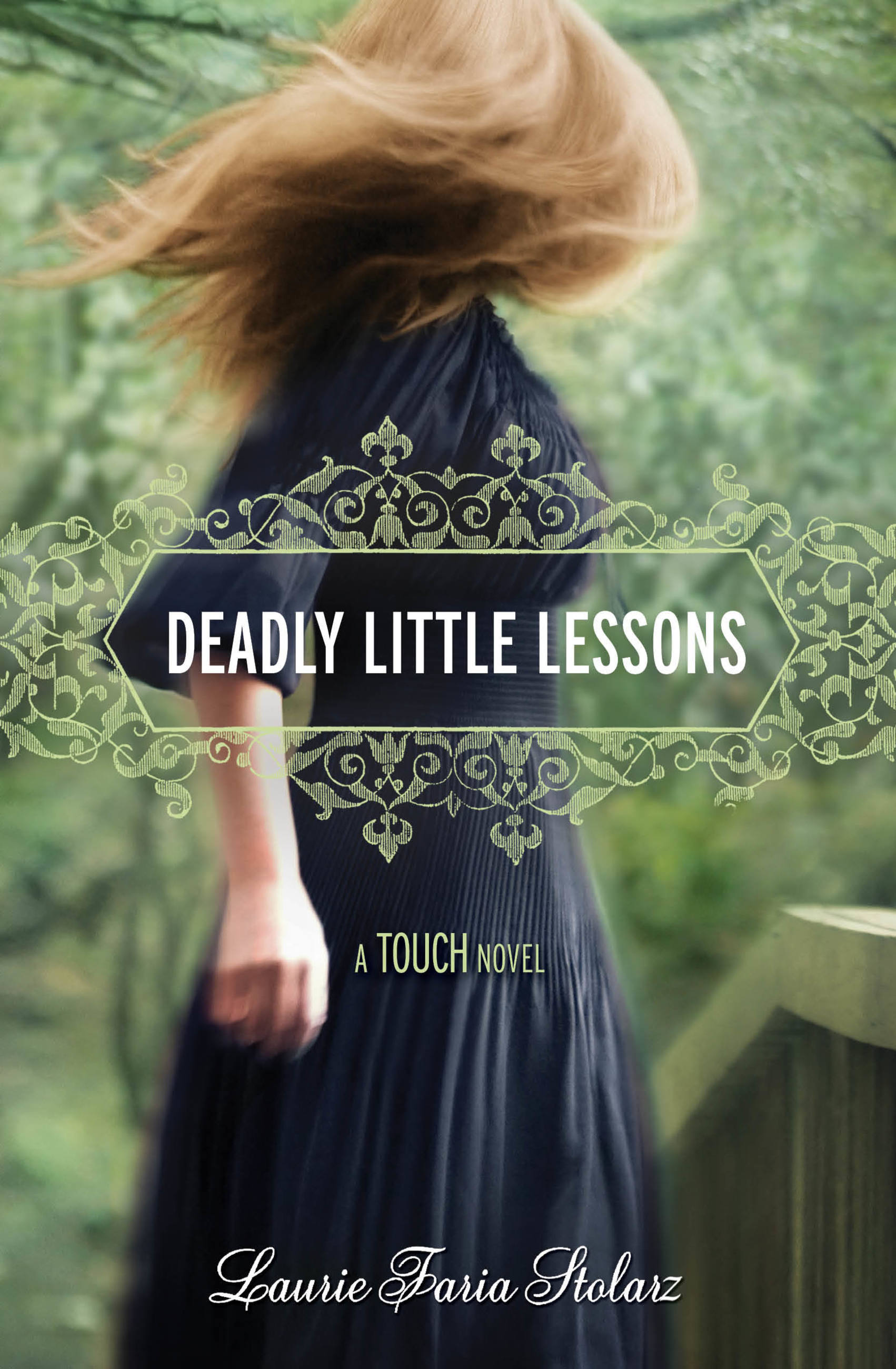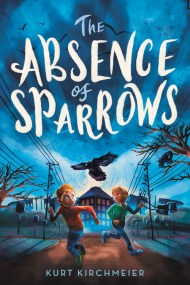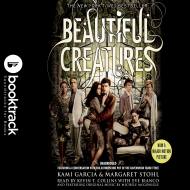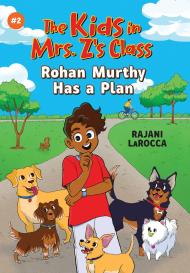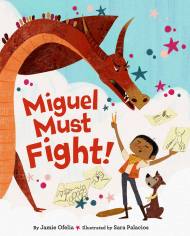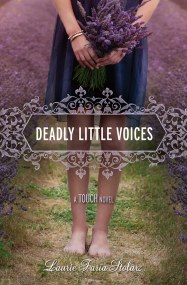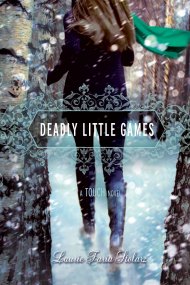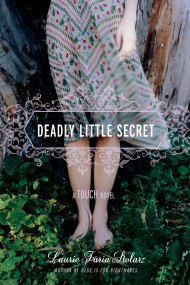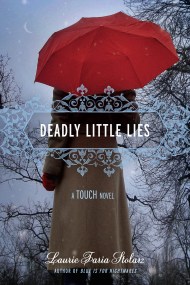Promotion
Use code MOM24 for 20% off site wide + free shipping over $45
Deadly Little Lessons
Contributors
Formats and Prices
Price
$7.99Price
$9.99 CADFormat
Format:
ebook $7.99 $9.99 CADThis item is a preorder. Your payment method will be charged immediately, and the product is expected to ship on or around December 18, 2012. This date is subject to change due to shipping delays beyond our control.
Also available from:
At the arts school, she gets caught up in the case of Sasha Beckerman, a local girl who’s gone missing. Even though all signs suggest that the teen ran away, Camelia senses otherwise. Eager to help the girl, she launches her own investigation. While reviewing the details online, she stumbles across a blog by someone named Neal Moche, a fellow psychometric. With Ben away, Camelia feels as if she’s found a kindred spirit in Neal. That sense of connection also makes Camelia realize how much she misses Ben, despite being committed to Adam.
But time is running out for Sasha, and Camelia will have to trust her powers more than ever. Will the lessons she has learned give her the strength to save Sasha before it’s too late?
Genre:
- On Sale
- Dec 18, 2012
- Page Count
- 336 pages
- Publisher
- Little, Brown Books for Young Readers
- ISBN-13
- 9781423179160
Newsletter Signup
By clicking ‘Sign Up,’ I acknowledge that I have read and agree to Hachette Book Group’s Privacy Policy and Terms of Use
